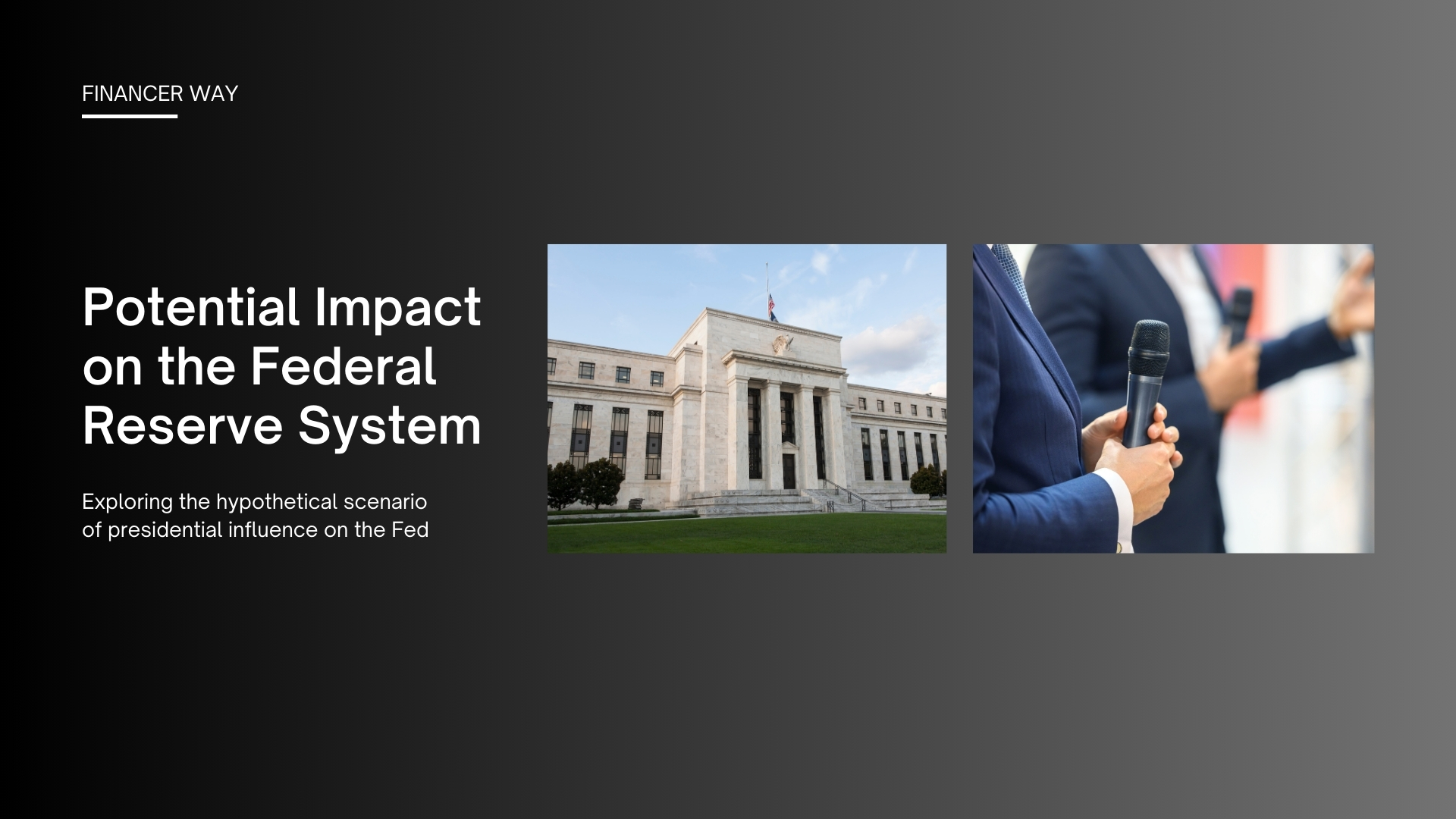“Explore the implications of holding the Federal Reserve accountable to the president. Discover how it could affect the economy, political landscape, and global markets in this in-depth analysis.”
The Federal Reserve, the central bank of the United States, has long been an independent institution that makes monetary policy decisions without direct political influence. However, there have been repeated calls for the Federal Reserve to be held accountable to the President or Congress. In this article, we will examine the possible outcomes of such a scenario, examining the implications for the economy, political landscape, and global markets.
Independence of the Federal Reserve
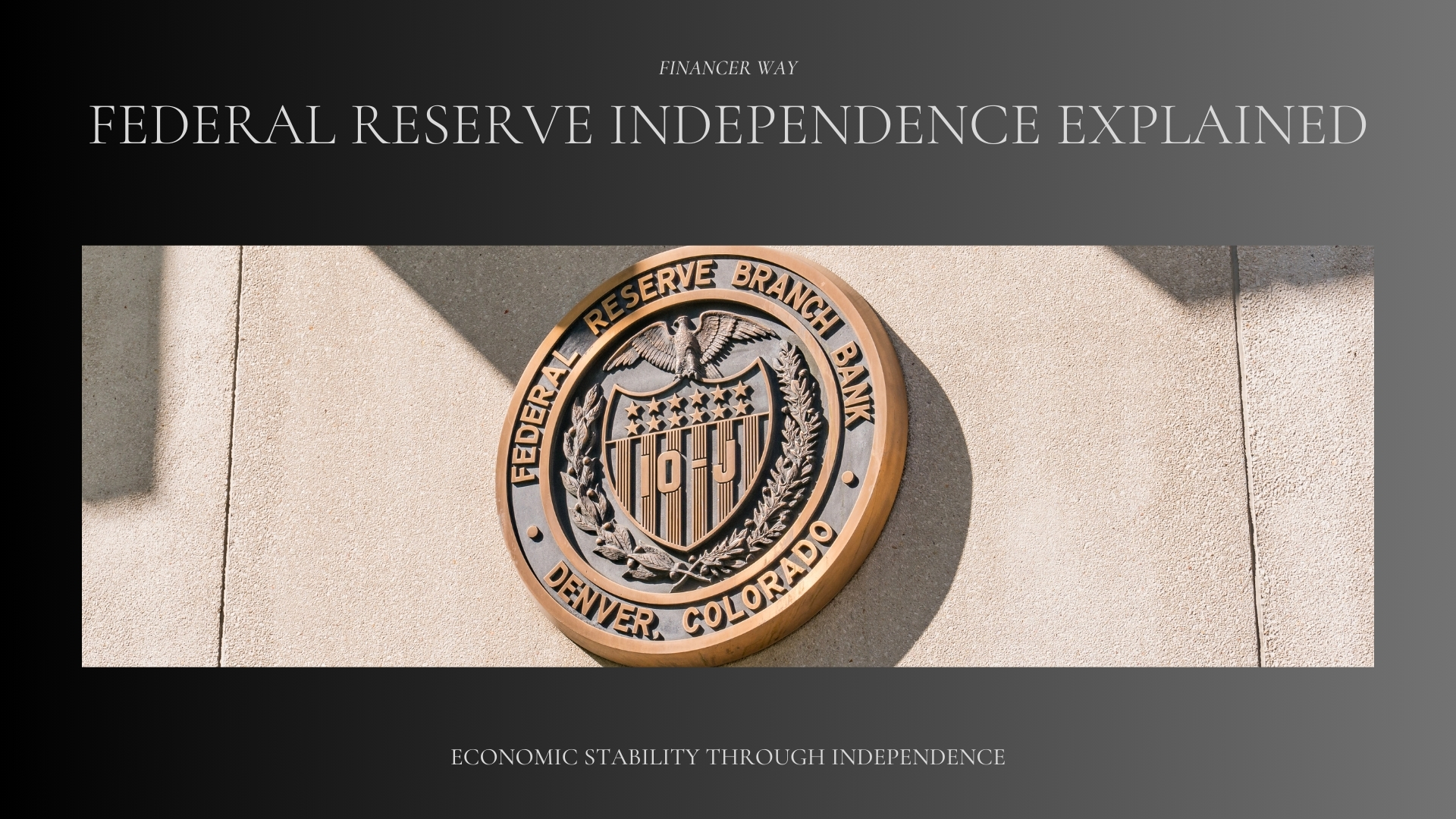
The Federal Reserve was established in 1913 to stabilize the financial system and promote economic growth. Their independence is enshrined in law to ensure that fiscal policy decisions are made without political interference. The Federal Reserve’s dual responsibility is to promote maximum employment and price stability, which it achieves by setting interest rates, regulating banks, and implementing quantitative easing.
Arguments for holding the Federal Reserve accountable to the president
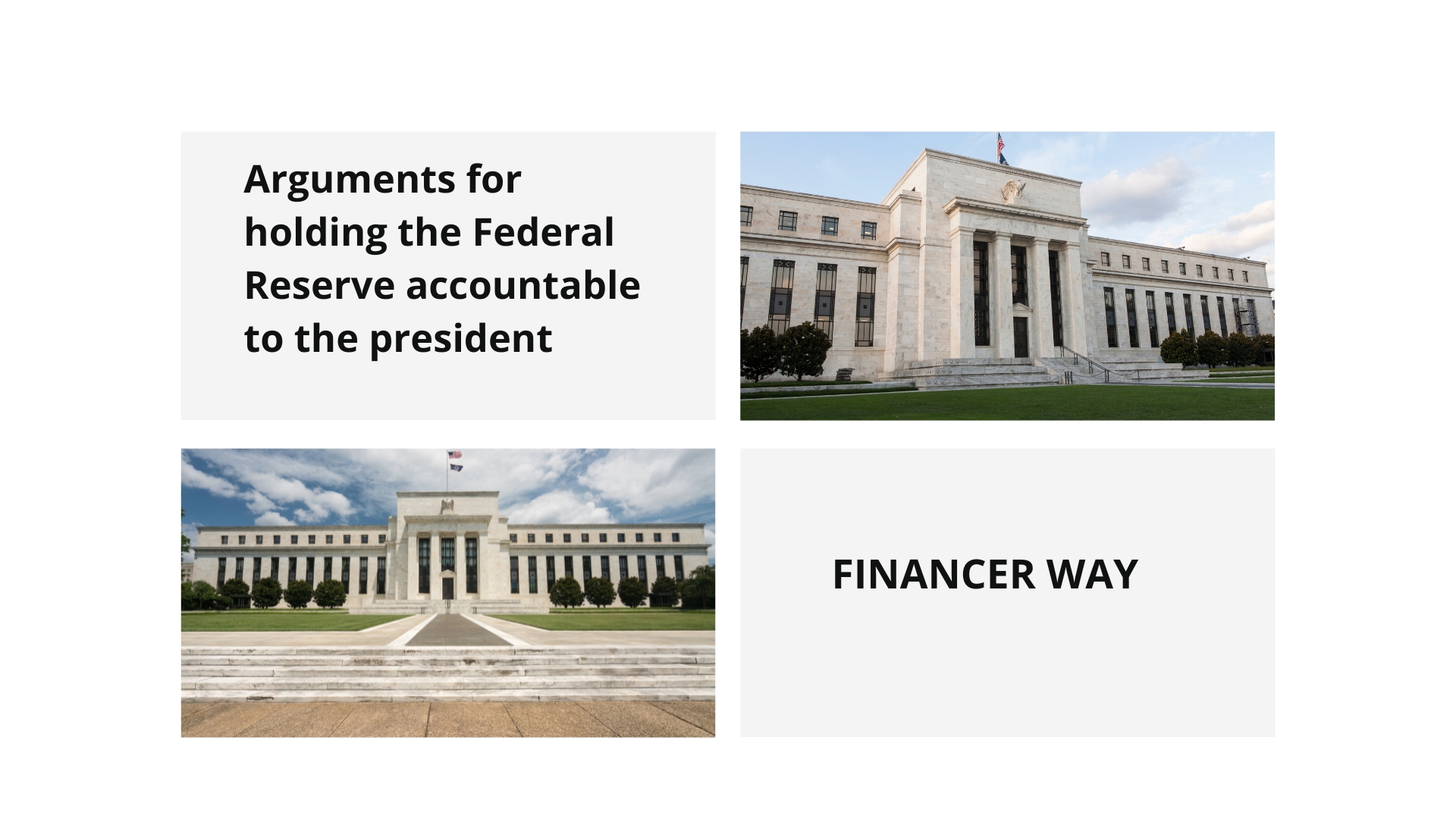
Proponents of holding the Federal Reserve accountable to the President or Congress argue that:
- Accountability: The Federal must be accountable to elected representatives of the public.
- Coordination: More coordinated economic policy can be achieved if the Federal Reserve works closely with the White House and Congress.
- Transparency: The Federal decision-making process will be more open and transparent.
Consequences of holding the Federal accountable to the president
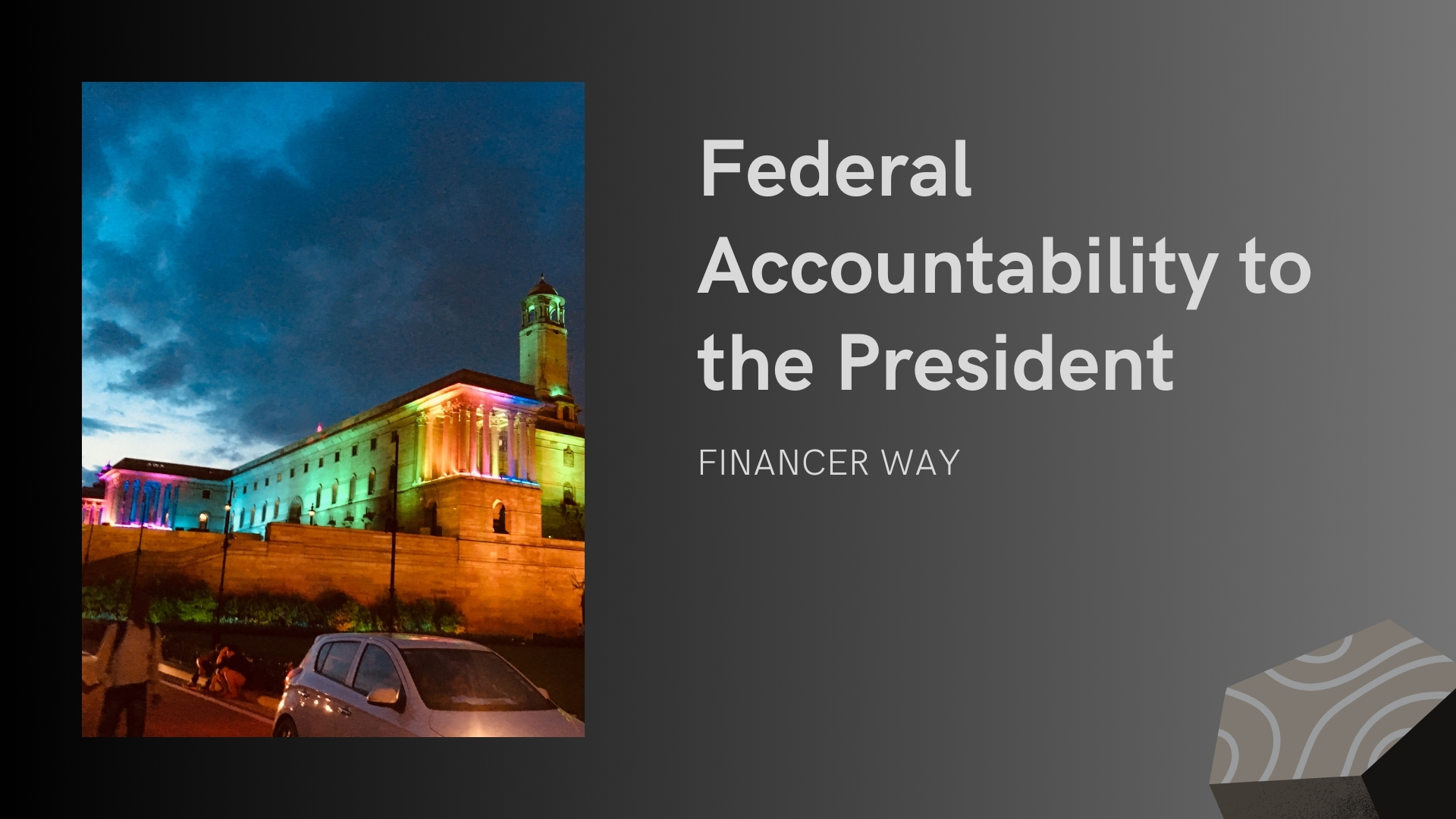
Financial Results
- Political impact: Monetary policy decisions will be subject to political pressures, which could lead to inflationary pressures, currency depreciation and loss of economic stability.
- Short-term focus: The Federal may prioritize short-term political achievements over long-term economic stability.
- Loss of credibility: The independence and credibility of the Federal Reserve would be compromised, which could cause market volatility and reduce investor confidence.
Political Consequences
- Monetary Policy Policy: Federal Reserve decisions will become increasingly politicized, which could lead to partisan conflict and gridlock.
- Increased executive power: Presidential influence over the economy would increase, potentially weakening the system of checks and balances.
- Less transparency: The Federal Reserve’s decision-making process may be less transparent, as political considerations can lead to secrecy and ambiguity.
Overall Results
- Decreased global influence: The Federal reputation as an independent and credible institution would be diminished, which could reduce its global influence.
- Currency Fluctuations: The value of the US dollar can fluctuate greatly, which can affect international trade and investment.
- Global Economic Instability: A politicized outcome from the Federal could have far-reaching effects on global economic stability, potentially leading to a decline in international cooperation and coordination.
Case studies: historical precedents and international comparisons
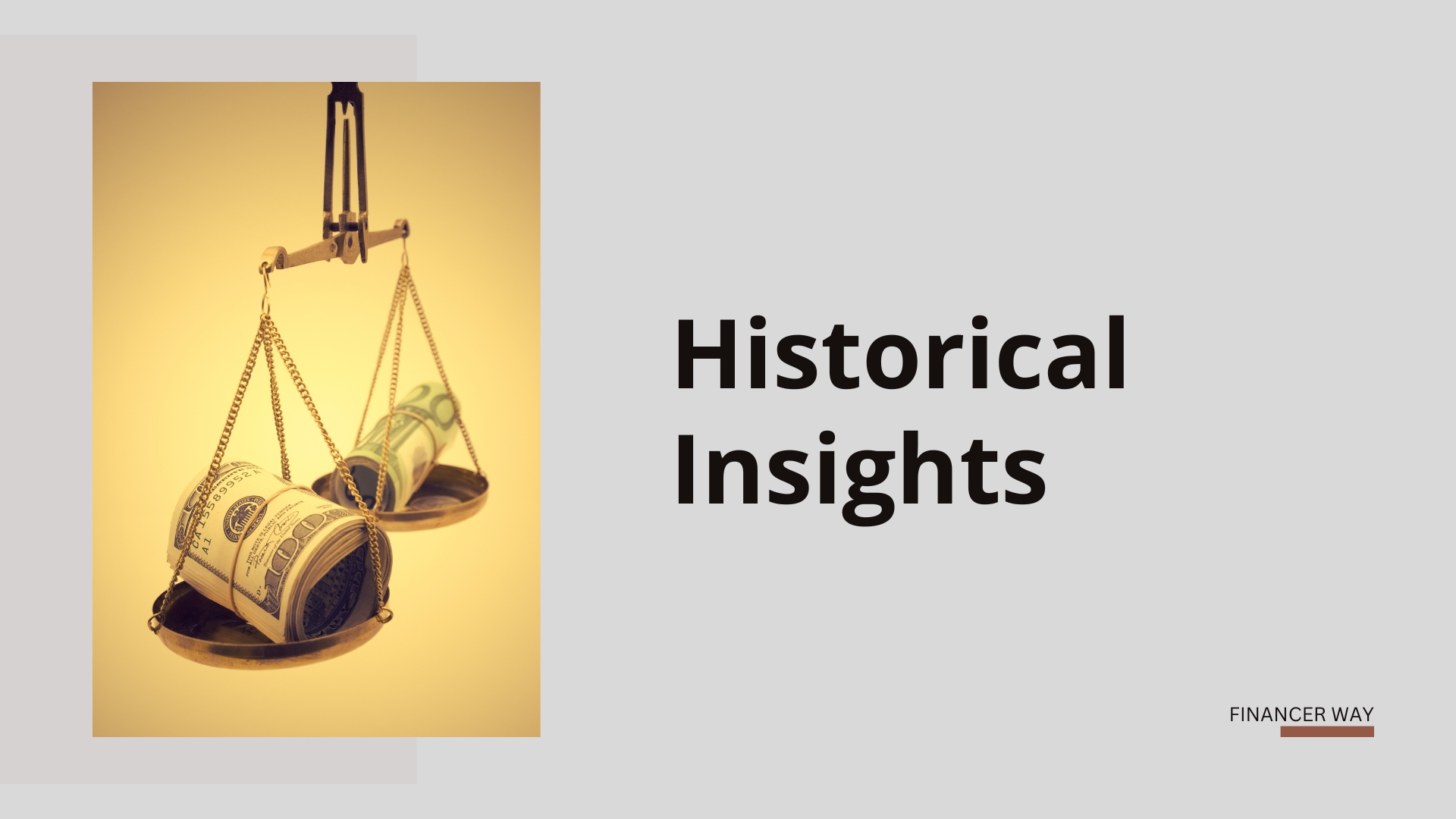
Historical Precedents
- Nixon and the Federal: In the 1970s, President Nixon attempted to influence decision-making at the Federal, leading to inflation and economic instability.
- Reagan and Volcker: In the 1980s, President Reagan appointed Paul Volcker as chairman of the Federal, who implemented a tight monetary policy despite political opposition.
International Comparison
- European Central Bank: The ECB faces political pressure, particularly from European governments, which have compromised its independence.
- Bank of England: The Bank of England has maintained its independence while remaining accountable to Parliament and has been effective in promoting economic stability.
Result
Holding the Federal accountable to the President or Congress would have far-reaching consequences for the economy, the political landscape, and global markets. While accountability and transparency are essential, compromising the independence of the Federal could lead to politicization of monetary policy decisions, loss of credibility, and global economic instability. The current system of independence, combined with prudential oversight and transparency measures, is the best way to ensure the Federal Reserve’s effectiveness in promoting economic stability and growth.
Frequently Asked Questions (FAQ)
Q1: What is the main argument against the Federal being answerable to the President?
A1: The main argument is that it would compromise the independence of the Federal Reserve, politicize monetary policy decisions and potentially lead to economic instability.
Q2: How does the independence of the Federal contribute to its effectiveness?
A2: Independence allows the Federal Reserve to make decisions based on economic data and long-term considerations rather than short-term political pressures.
Q3: What is the role of Congress in overseeing the Federal Reserve?
A3: Congress has oversight authority, holding hearings and requiring periodic testimony from the chairman of the Federal. It can also pass laws to affect the structure and operations of the Federal Reserve.
Q4: Can the President influence the decisions of the Federal Reserve?
A4: Although the president cannot directly control the Fed, he can appoint Fed officials, including the president, and exert political pressure, which can have some influence.
Q5: How does the Federal independence compare with that of other central banks?
A5: With a strong reputation for reliability and effectiveness, the Federal is considered one of the most independent central banks in the world.
